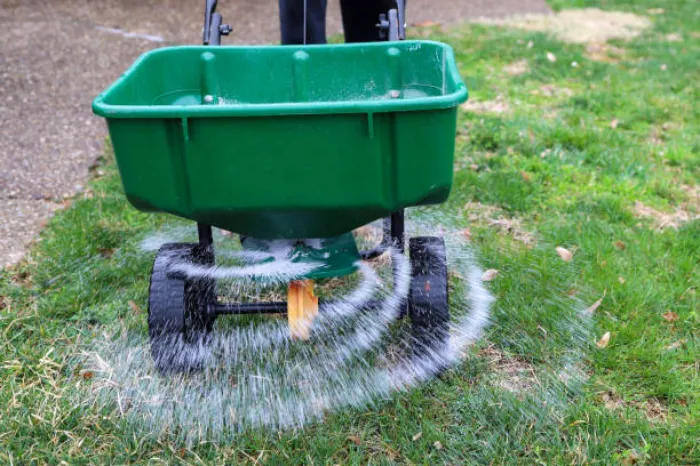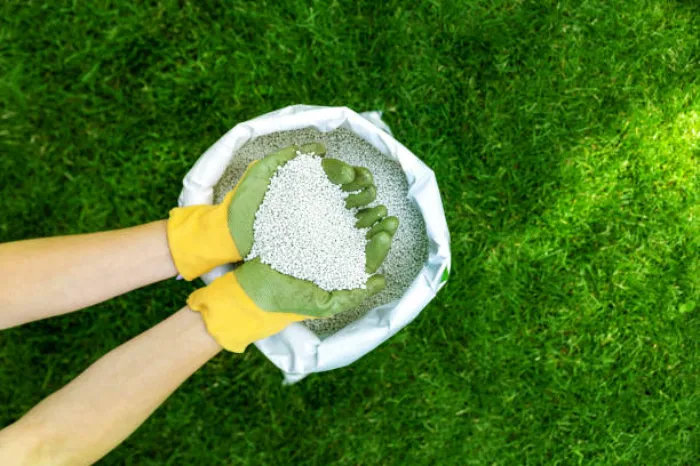Understanding When is the Best Time to Fertilize Your Lawn
Optimizing Lawn Health with Proper Fertilization Timing
If you want to keep your grass healthy, fertilizing it is a must, but timing is crucial. Knowing when is the best time to fertilize your lawn will guarantee that it gets the nutrients it needs to grow healthily all year long.

Determining Factors for Fertilization Timing
When is the right time to fertilize your lawn? Several factors come into play. Firstly, consider the type of grass you have. Cool-season grasses, such as fescue and bluegrass, benefit from fertilization in early fall and late spring. Conversely, warm-season grasses, like Bermuda and Zoysia, thrive with fertilization in late spring or early summer.
Seasonal Considerations
The time of year also plays a significant role in determining the best time to fertilize your lawn. In spring, fertilizing your lawn helps kick start growth after the dormant winter months. Fall fertilization, on the other hand, prepares your lawn for winter dormancy and encourages root development, leading to healthier grass in the spring.
Avoiding Extreme Temperatures
It’s essential to avoid fertilizing your lawn during periods of extreme heat or drought. Fertilizing in these conditions can stress your grass and lead to burnout. Instead, aim to fertilize when temperatures are moderate, and your lawn is actively growing. This typically occurs in the cooler months of spring and fall.
Customizing Fertilization Timing
Every lawn is unique, so it’s essential to customize your fertilization schedule based on your lawn’s specific needs. Various factors, including soil composition, solar exposure, and foot traffic, might affect the ideal timing of grass fertilization. Pay attention to how your grass responds to fertilization and adjust your schedule accordingly.
Observing Grass Growth Patterns
Monitoring your lawn’s growth patterns can provide valuable insights into when is the best time to fertilize. In case your grass is growing rapidly and maintains a healthy green hue, fertilizing might not be necessary at this time. However, if growth is slow, and the color is dull, it may be time to apply fertilizer to provide a nutrient boost.
Avoiding Overfertilization
While fertilizing is essential for lawn health, overdoing it can have adverse effects. Overfertilization can lead to nutrient runoff, water pollution, and even damage to your lawn. To avoid this, follow the manufacturer’s instructions carefully and never exceed the recommended application rates.

Understanding When is The Best Time to Fertilize Your Lawn
In conclusion, understanding when is the best time to fertilize your lawn is crucial for maintaining its health and vitality. By considering factors such as grass type, seasonal variations, and lawn-specific conditions, you can develop a fertilization schedule that promotes lush, vibrant grass year-round. Remember to observe your lawn’s growth patterns, avoid fertilizing during extreme weather conditions, and always follow best practices for optimal lawn care. Reach out GreenThumb Landscaping Experts for expert lawn fertilization services in Lowell, MA. Call us (978) 285-6167 today!